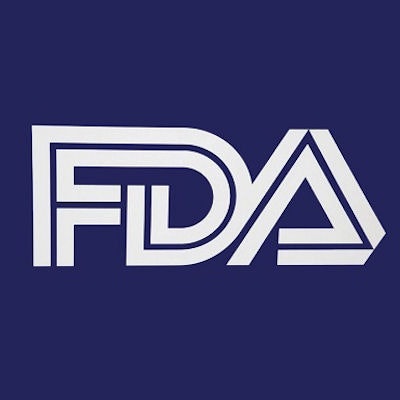
The U.S. Food and Drug Administration (FDA) has granted full approval for Eisai and Biogen's Alzheimer's disease drug Leqembi (lecanemab).
The decision comes about six months after the FDA approved the treatment through its accelerated pathway and follows a determination that a confirmatory trial verified its clinical benefit, the FDA said in a statement.
"This confirmatory study verified that [Leqembi] is a safe and effective treatment for patients with Alzheimer's disease," said Teresa Buracchio, acting director of the Office of Neuroscience in the FDA's Center for Drug Evaluation and Research.
Leqembi is the first amyloid beta-directed antibody to be converted from an accelerated approval to a traditional approval for the treatment of Alzheimer's disease, the FDA noted. The drug works by reducing amyloid plaques that form in the brain, a hallmark of the disease, and may be diagnosed by amyloid PET scans.
In a trial in 1,795 subjects, patients with mild cognitive impairment or mild dementia stages of Alzheimer's taking 10 mg/kg of Leqembi once every two weeks experienced a clinically meaningful benefit from baseline to 18 months, the FDA said. The most common side effects of Leqembi were headache, infusion-related reactions, and amyloid-related imaging abnormalities (ARIA), a side effect diagnosed on MRI scans and known to occur with antibodies targeting amyloid.
Leqembi should be initiated in patients with mild cognitive impairment or mild dementia stages of Alzheimer's disease, the population in which treatment was studied in clinical trials, the FDA stated.




















